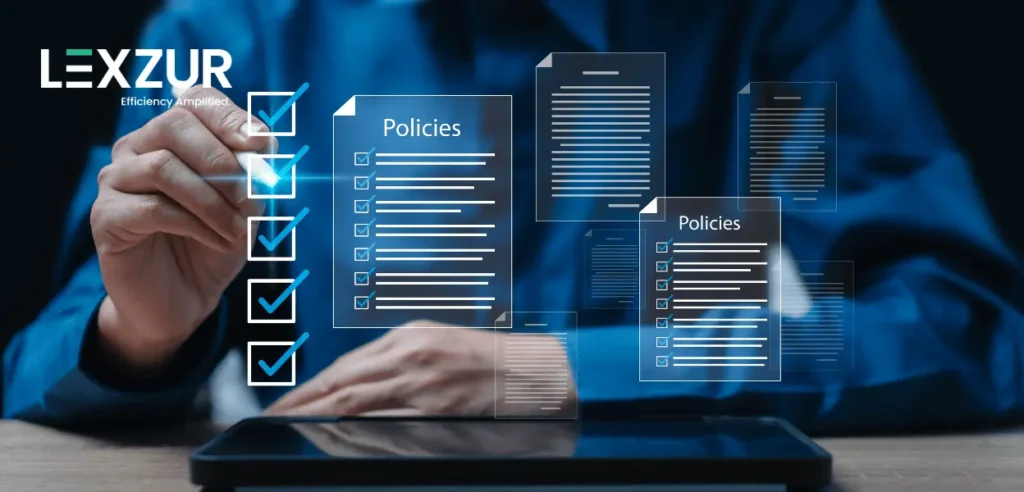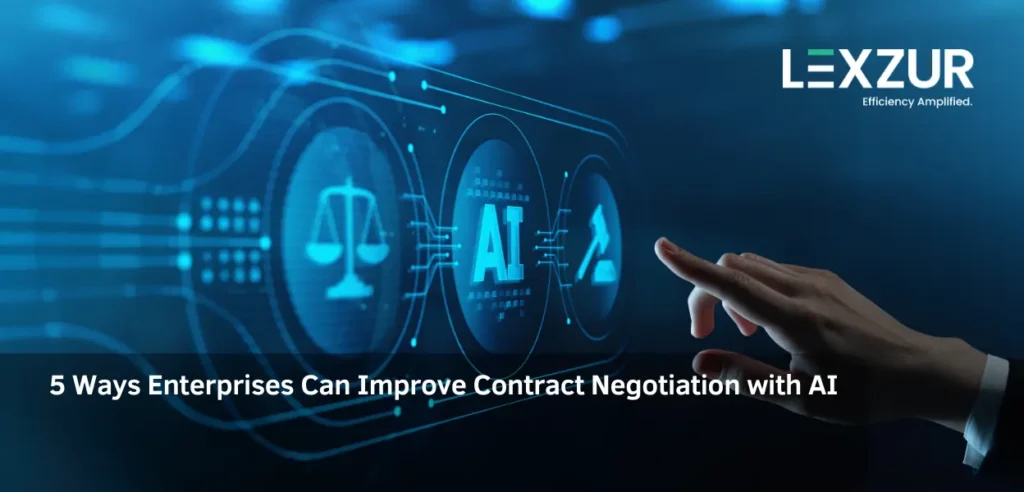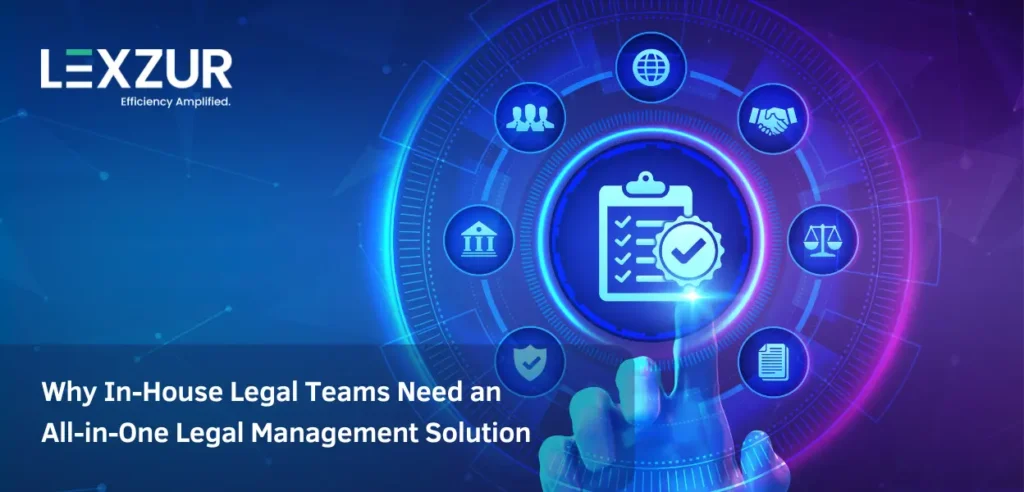Like any other industry, technology has delved into the legal ecosystem as well. And ever since its entry technology has been revolutionizing the legal landscape. The way legal firms and processes work now is way different from how it has traditionally been operating even a decade back. Technology is making very swift progress into this space. The growth recorded has been phenomenal. So much so that it has already witnessed an overwhelming 713% growth in investment in the legal technology sector. According to a report by Absolute Market Insights, legal technology is poised to grow at a CAGR of 37.7% owing to the rapid digitization movement.
The year 2020 is expected to pose a promising trail for legal technology milieu. It is expected to be significant in terms of technology adoption, deeper penetration, and greater reliance. To keep up with client demands and competition within the industry, technology has become an infallible liberator.
However, unlike its peer industries, legal technology is a late entrant into the technology revolution. This has left the legal community divided into the opportunities and challenges that the legal community has to deal with, especially pertaining to legal technology adoption. Let us look at some of the pressing technology challenges that the legal community is facing and the potential solution:
- Lack of technology education and awareness: Legal professionals are not very popular for being tech-savvy, rather the other way around. The sudden wave in technology adoption has left legal professionals at a fix. However, to combat this challenge most of the top tier legal universities are revising their curriculum to include legal technology practices in their curriculum. This will help prepare future lawyers who will be joining the workforce.
- A sudden shift in practices and trends: The suddenness of the whole technology revolution has baffled the veterans in the profession. Typical practices are now way different from how they were being done over centuries. For example, documentation and case preparation was predominantly an extremely manual process. But now with rapid digitization, everything is machine-automation-led. This has been a continuous challenge for lawyers. However, to keep pace with changing scenario lawyers are adopting and blending with technology-led practices swiftly. Legal technology providers and companies are working towards mitigating the challenges that lawyers.
- Document assembly and coding: What was once done over hours of browsing through big fat law books, references, case files, and piles of paper documentation has now shifted to a digital dashboard. Document assembly or document automation has helped lawyers feat over the challenge of centralizing documentation of the entirety of legal literature. This not only digitizes the available literature, but also help in automating document creation by templatizing documentation.
- Entity management: Entity management has always been an integral as well as a significant part of legal practices. This involves managing a-to-z of subsidiary management, regulatory compliances, mergers and acquisitions, administrative maintenance, internal record-keeping, and monitoring assets and insider trading. Entity management system or entity management software has come to lawyers’ aid in overcoming this obstacle.
- Automation of work processes: Processes and practices that were once highly manual are now automated. Automation however wasn’t received with the same enthusiasm and positivity that it experiences today. Process automation was rather treated with high skepticism, fear of losing jobs to technology, and fear of diminished privacy. However, lawyers today are sanitized about the perks of automation and digitization and the community is more readily accepting these changes than ever.
- Security and GDPR Compliance: With data centralization, cloud storage, complete digitization, and automation the question of compliance has come into the forefront. Especially, with cases like Cambridge Analytica fiasco, and other data misuse and leaks, GDPR compliance has become extremely mandatory for legal firms that deal with tons of sensitive public data. The question or problem, in this case, is both posed by technology and resolved by the same.
If you are a legal professional wanting to make technology your best friend and make processes technology, or a part of a legal team, you may consider switching to Lexzur for a holistic experience. The best part of using the Lexzur technology solution is that it is built on a world-class technology framework and is easy to use even by those who aren’t well versed with technology. There’s a dedicated team of experts (Technology Account Manager) who are assigned to solve all your technology queries at all times.
“Lexzur is very easy and instinctive to use and encompasses all practical considerations. It is comprehensive and has helped our team with assignments, task management and covers all daily actions seamlessly.” – Lexzur user.
“Lexzur has helped us make optimum utilization of legal technology and maximize ROI. It has greatly helped us in developing a technology-led work culture at our organization.” Lexzur user.
Visit https://www.lexzur.com/ to check out our wide array of services tailored for legal firms, in house legal teams of corporates, solo practitioners, and paralegals. Choose the best-suited package and the add-ons to get the best results for your business.












Leave a Comment